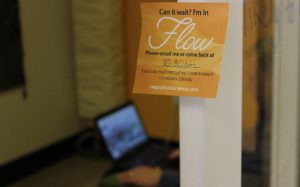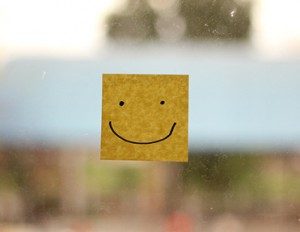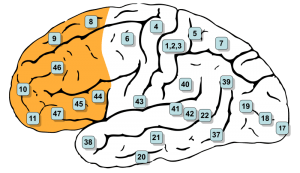How do you get, or become, an engaged employee? Engaged employees are enthusiastic about their jobs and organizations; they go the extra mile. Peer-reviewed data suggests that organizations with high engagement enjoy much greater financial success than organizations with low engagement.
“Mind the GAPs” to Engage Yourself and Others









